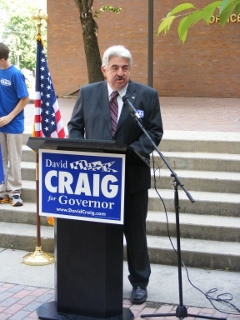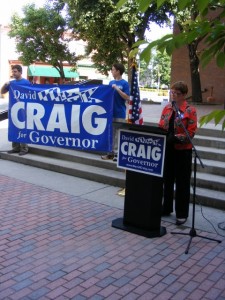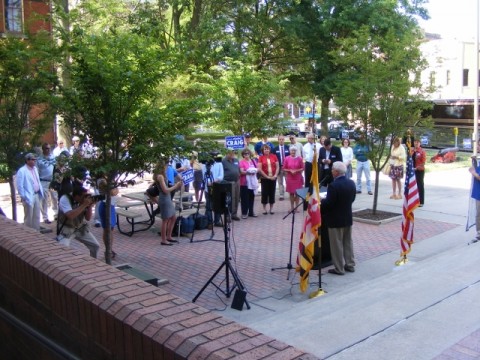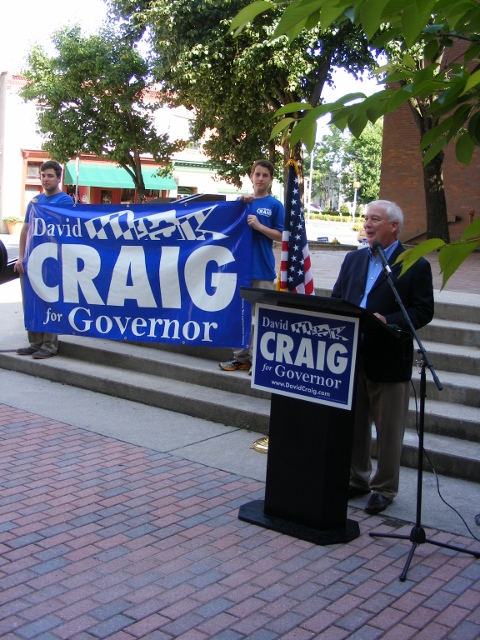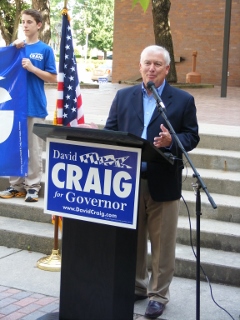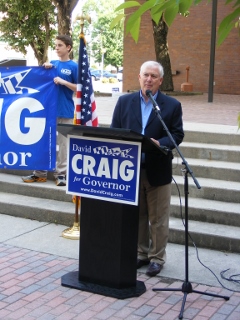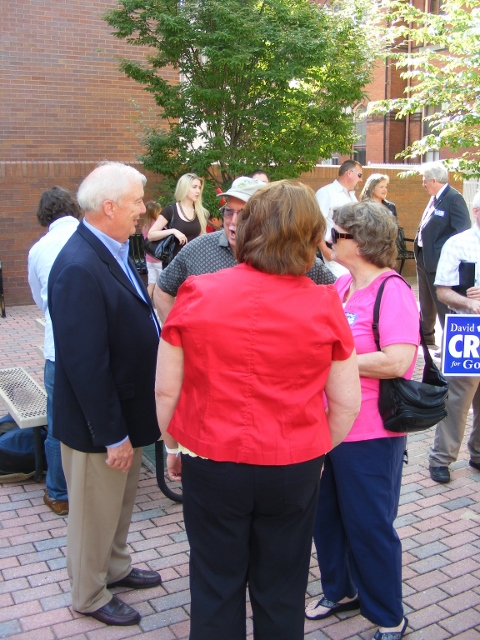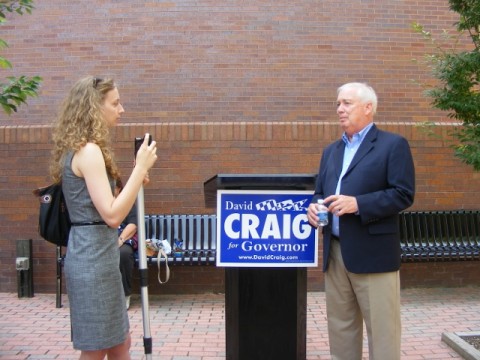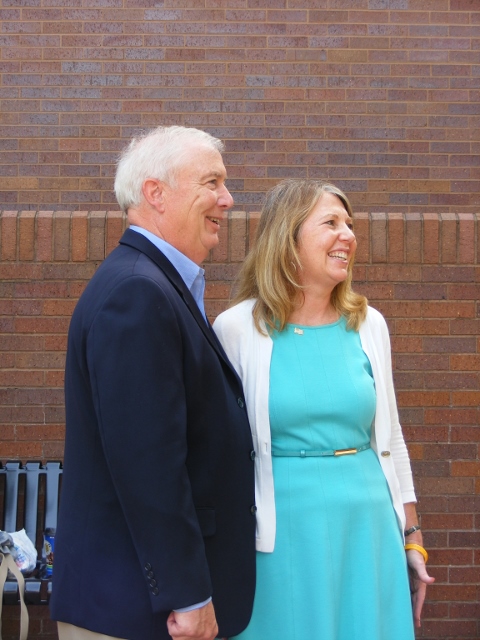For the sixth consecutive year, covering sessions since 2007, I have completed my annual guide to the voting record on key issues from the 188 members of the Maryland General Assembly.
There will also be the sidebar link I maintain for future reference.
This guide not only features the General Assembly’s voting records on specific votes in graphical form for easy comparison, but also my take on the bills they voted on this year. Some of the key votes I cover are those on the state’s budget, early voting, and offshore wind, as well as those where foes attempted to petition them to referendum – the (so-called) Firearms Safety Act of 2013, and the death penalty repeal.
I began this project in 2008 as a continuation of the former Maryland Accountability Project, which was a similar attempt to catalogue legislators’ votes that ended with the 2006 session. (Here is a cached version of its website, which is no longer active.) Over the last seven legislative years I have focused on well over 200 votes by the General Assembly. Once committee votes became publicly accessible in 2010 I began adding those as well, giving me a total close to 400 separate tallies over the life of the mAP. This year I looked at 52 separate votes – 22 floor votes and 30 committee votes, or three from each of the ten voting committees in the General Assembly.
So what can you do with the information?
Well, while the mAP is by its nature reactive because it documents events which occurred in the recent past, we can learn from history. While I can count the number of legislators who have attained a perfect 100 percent rating in any given year’s legislative session(s) on one hand, the sad truth is that Maryland has far too many who score 10 percent or less year after year cluttering up the General Assembly. Our job is to learn who they are, find quality opponents for them, and most importantly educate the voters of that district why their legislators are voting against the interests of the people in the district. That’s why the bulk of the mAP is a summary of why I, as someone who favors liberty, would vote in the way I denote in the report.
On the other hand, there is a group I consider the Legislative All-Stars, those who score 90 percent or above or at least lead their legislative body if none reach 90 percent. (Sadly, this has happened on occasion.) If the Maryland General Assembly had those legislators as a working majority we could vastly improve our state’s lot in life.
It’s particularly important that this year’s edition came out early and was indeed a fortunate break that no Special Sessions are anticipated for the remainder of the year. There’s still a little time to get together a campaign against some of these entrenched incumbents of both parties who seem to have lost their way. Many of them will be leaving on their own, but newcomers who would be high scorers on this chart are encouraged to get involved.
Before I conclude, I want to point out that there is a relatively new accountability project which perfectly complements the idea of this one by working during the legislative session. Elizabeth Myers (who I have interviewed before for TQT) runs Maryland Legislative Watch, which works during session to determine the merits of each bill and works to keep bad ones from ever getting out of committee. With over 2,500 bills introduced last session, dozens of volunteers are needed to keep track of them all, grade them on pro-liberty merits, and keep the heat on legislators in stopping violations of liberty from proceeding.
Moreover, they actually just completed yesterday a far larger voting compilation which has every single vote – for example, my legislator’s chart runs 91 pages. It may seem like competition but we actually work together in the respect that MLW provides a lot of raw data and I give context on key issues. The Maryland Legislative Watch data is also useful for showing just how many votes are unanimous and how much of the legislature’s time is devoted to local issues; these are the ones which incumbents generally point with pride at bringing home the bacon.
You can judge for yourselves whether legislators vote the correct way on the issues I present. I simply provide this service to Marylanders as a way of being more aware of how the sausage grinding in Annapolis turned out this year.
Methinks there was something rotten in the state of Maryland, now known as the “Fee State.”




